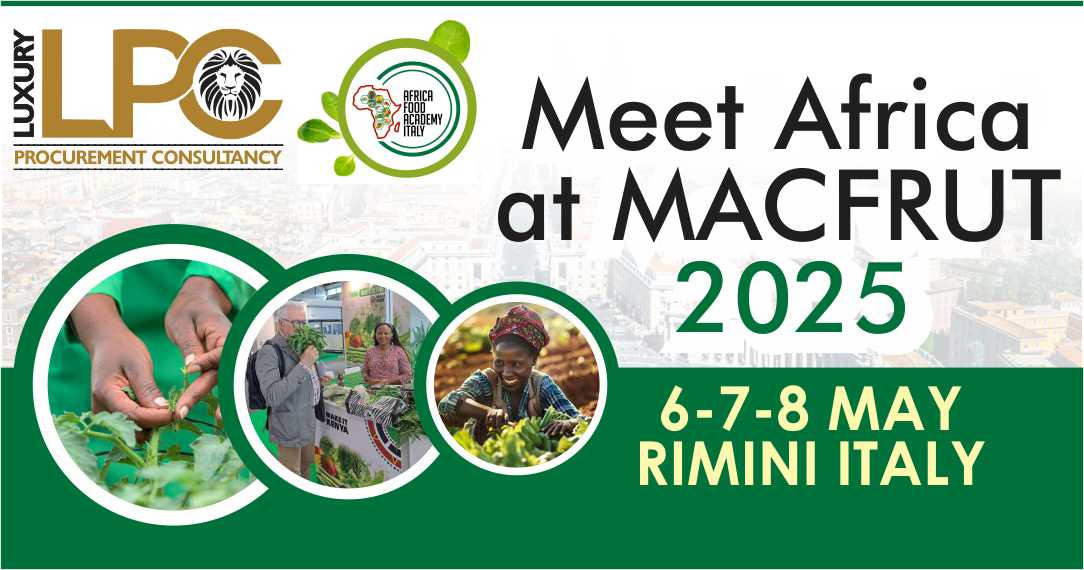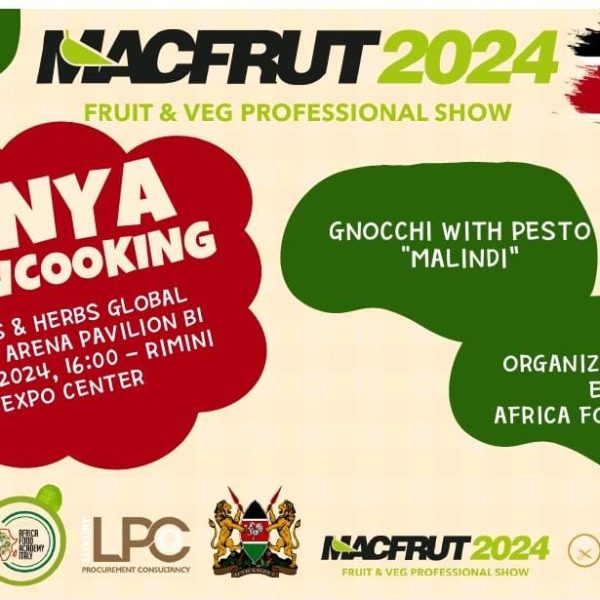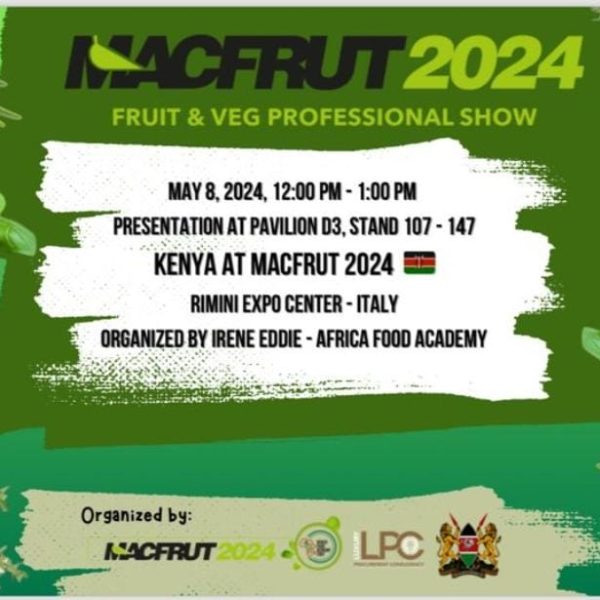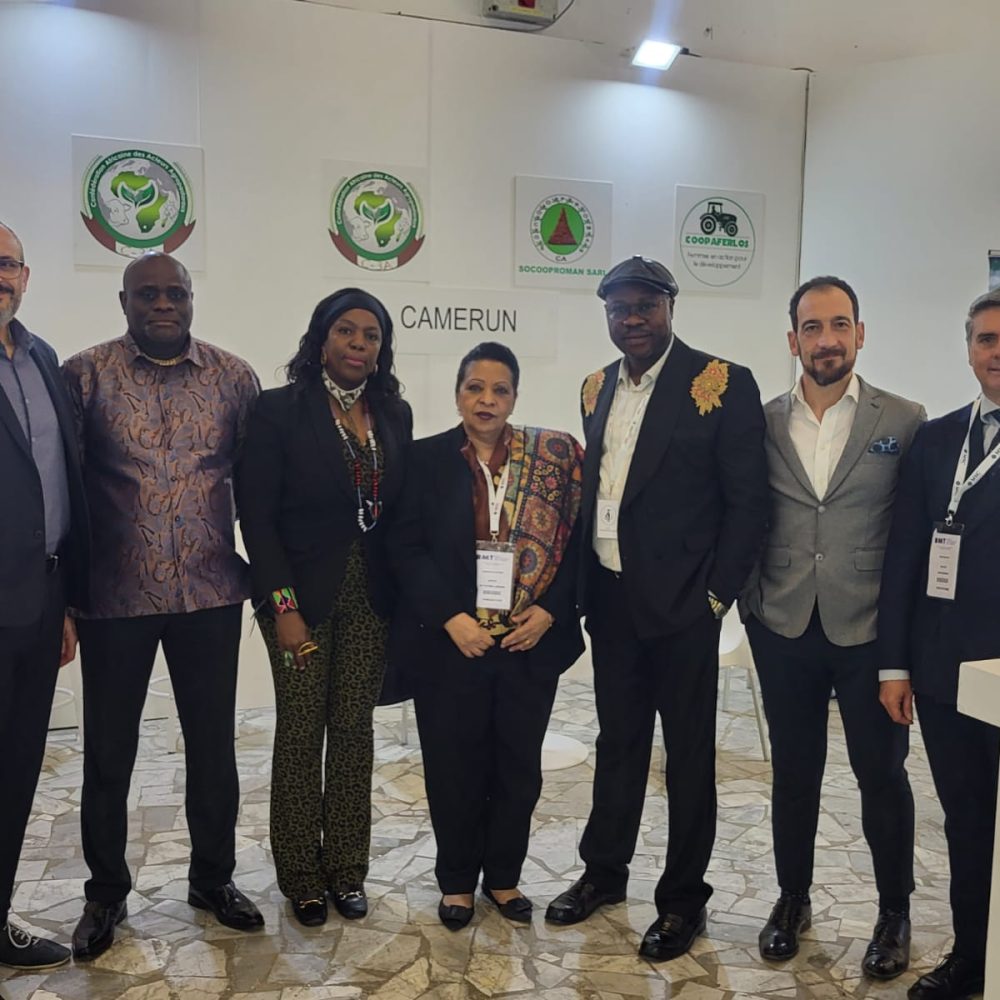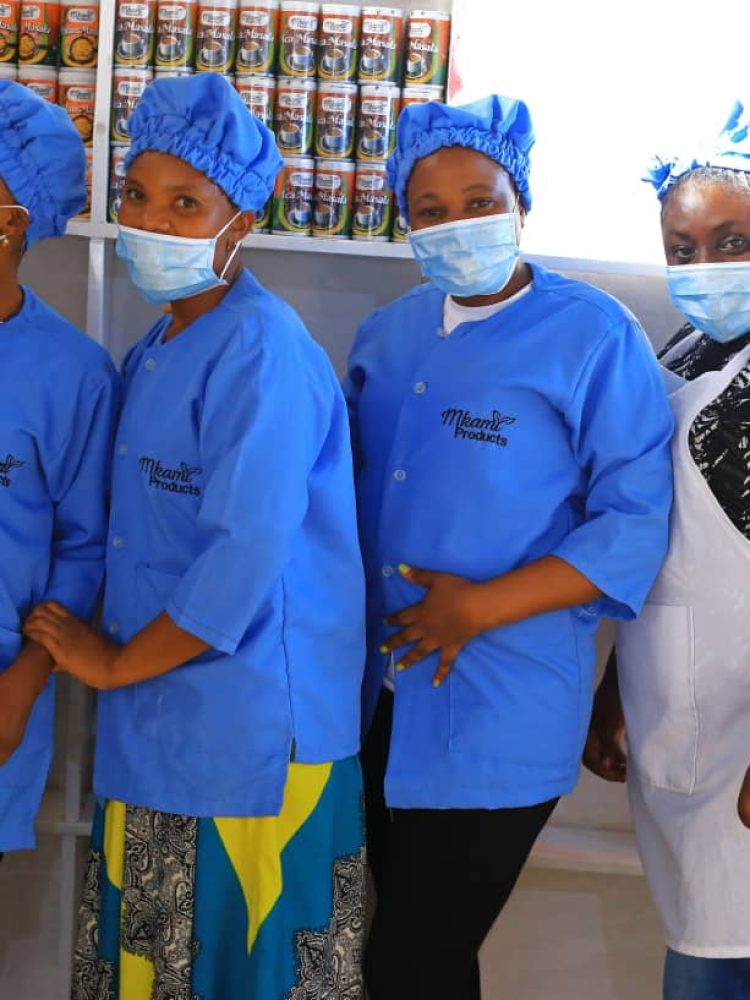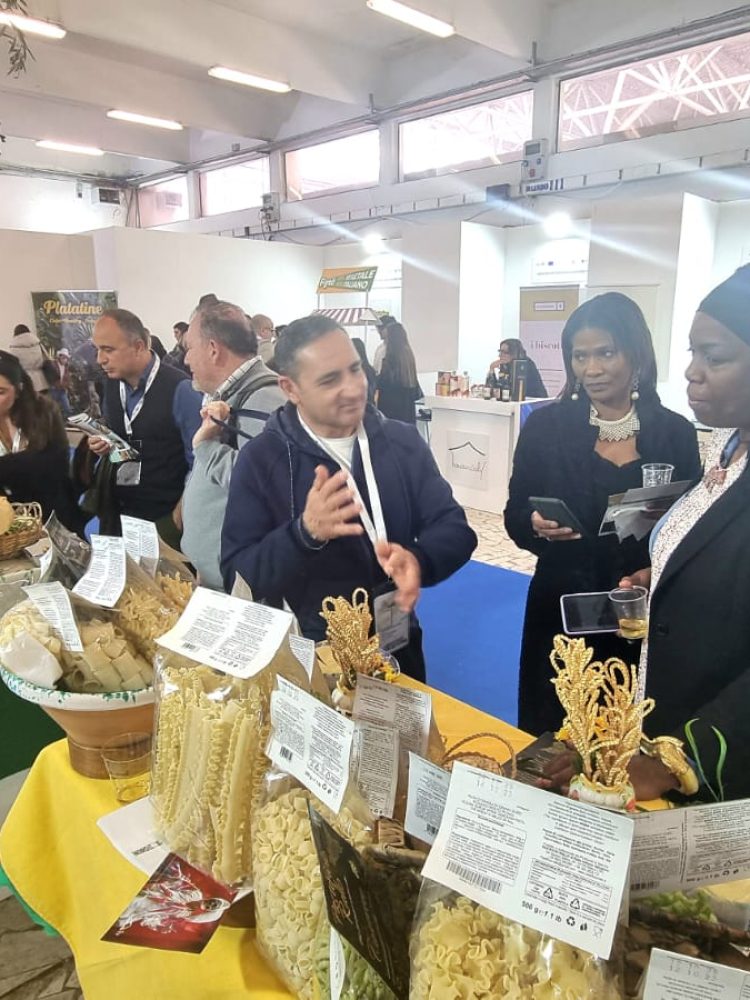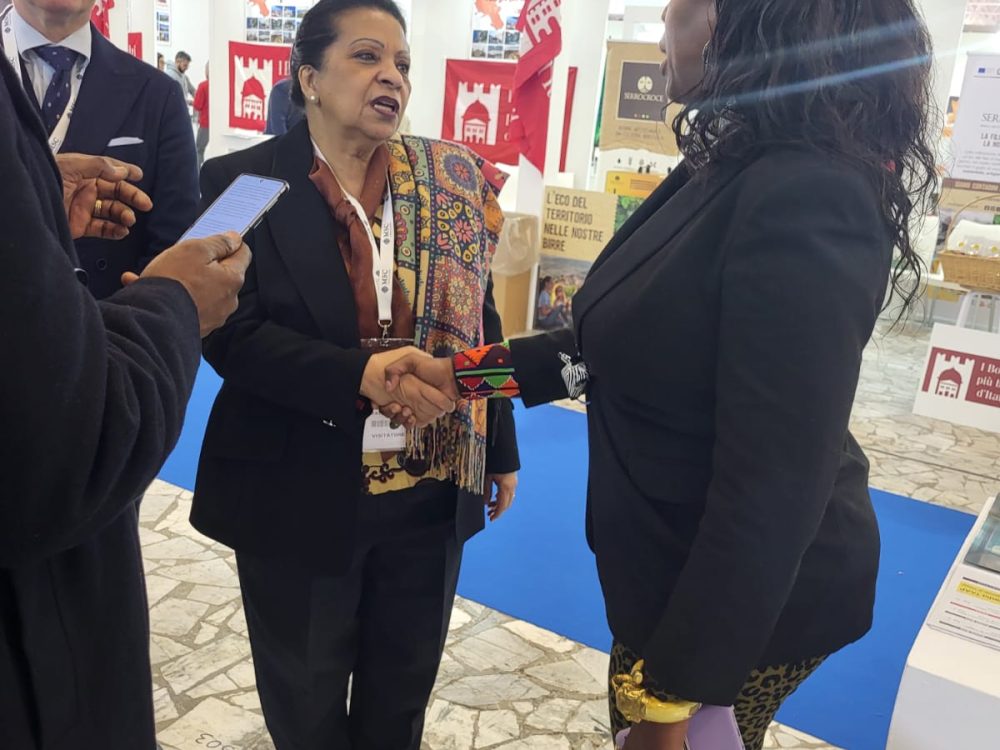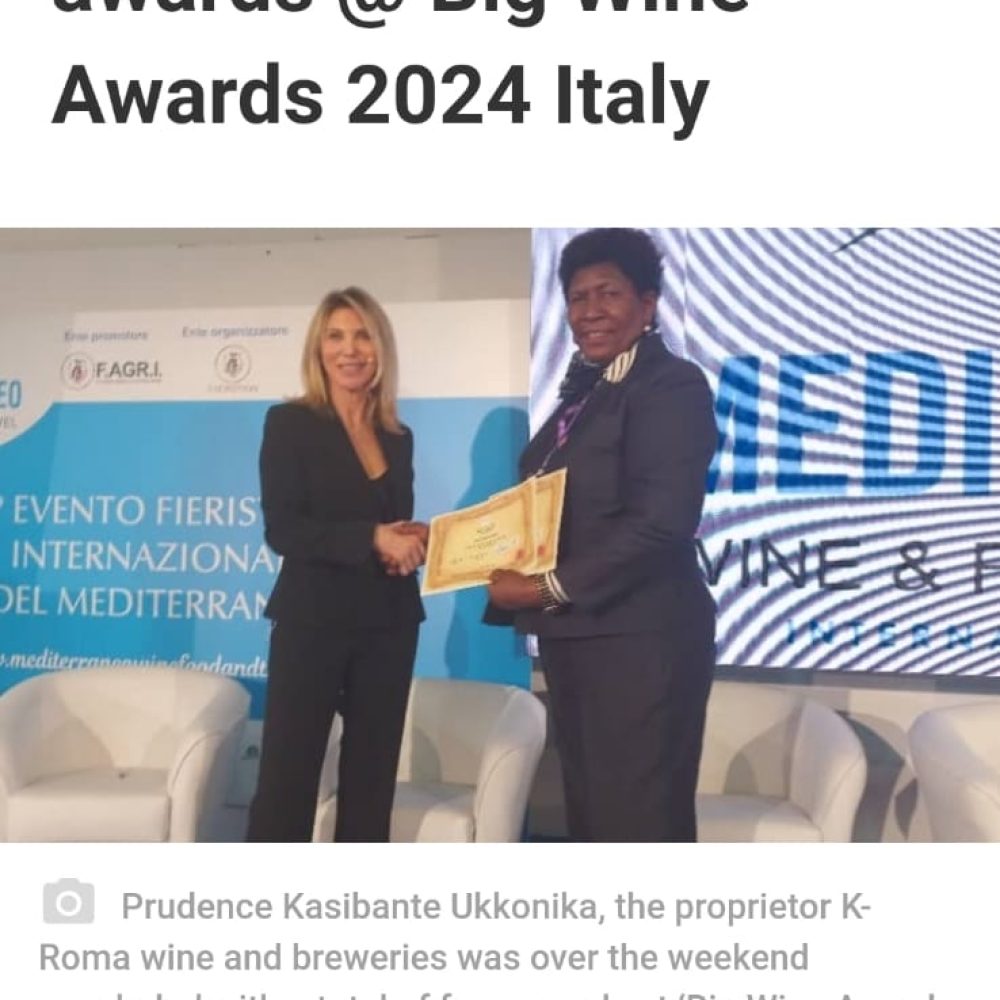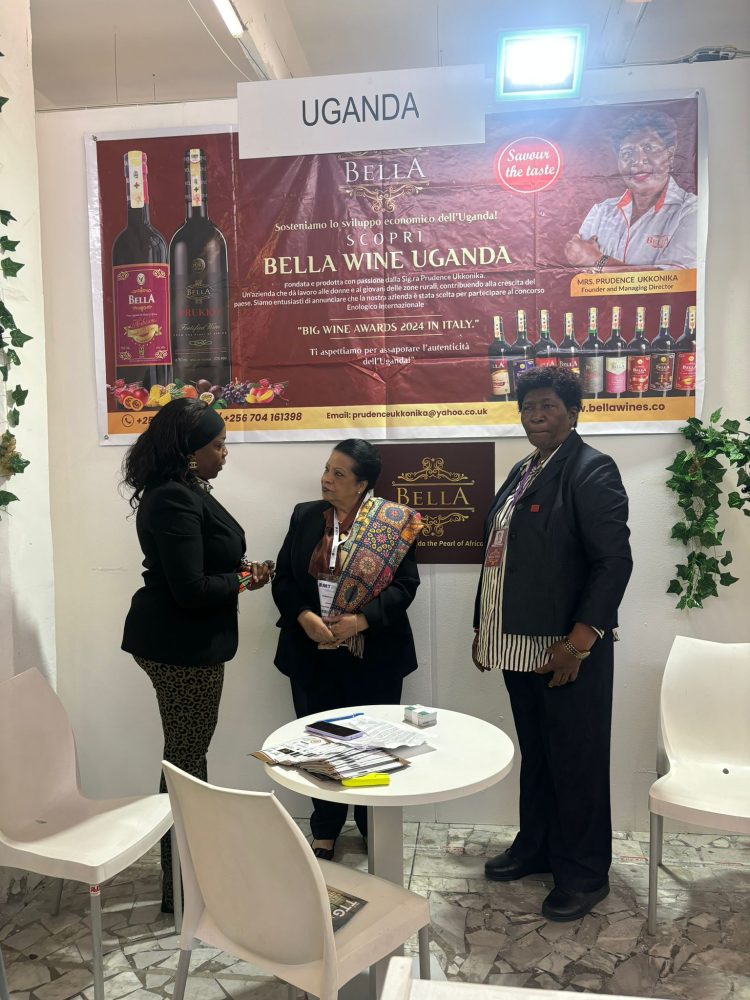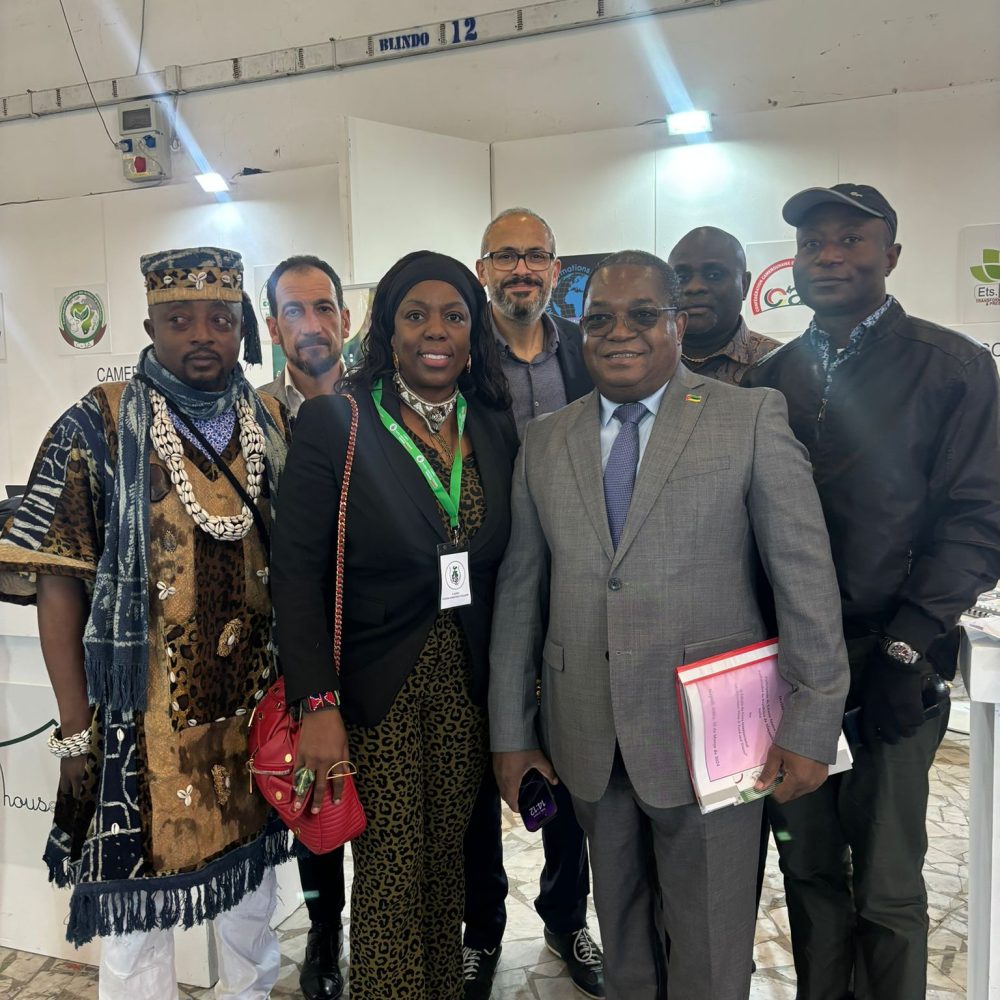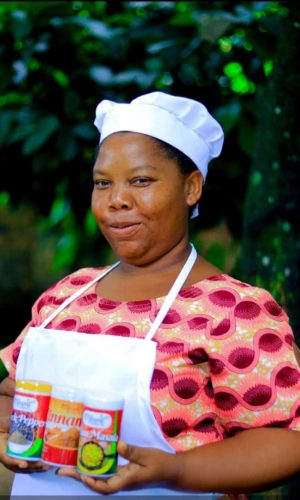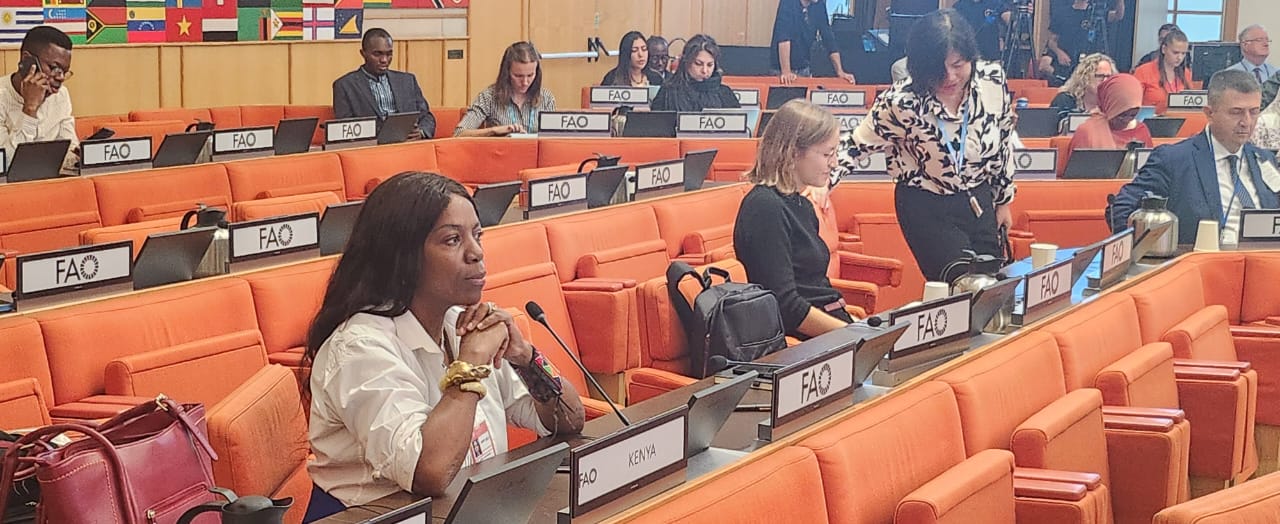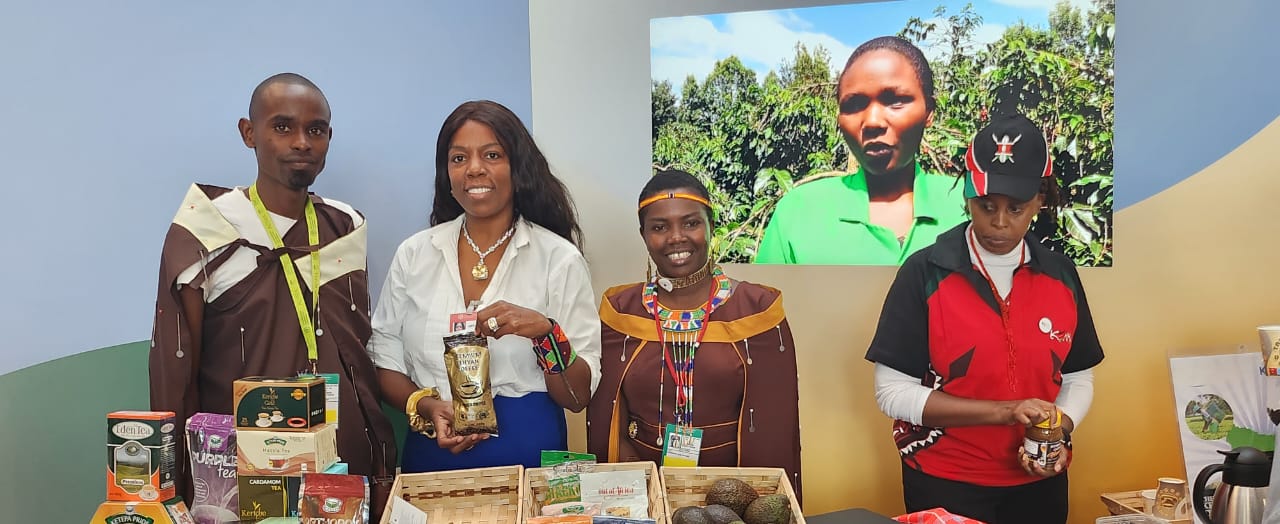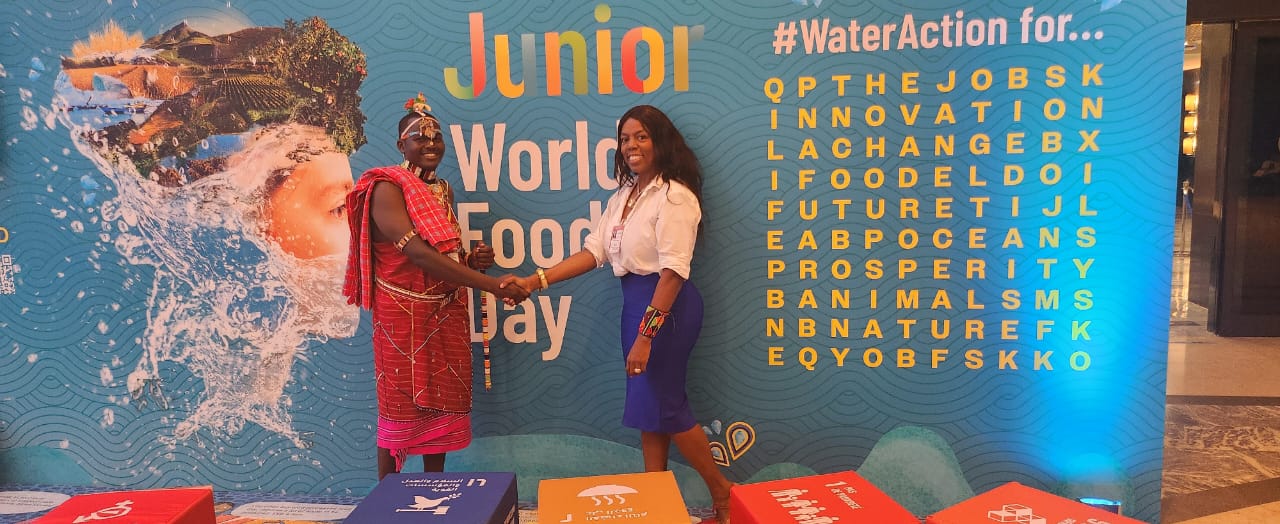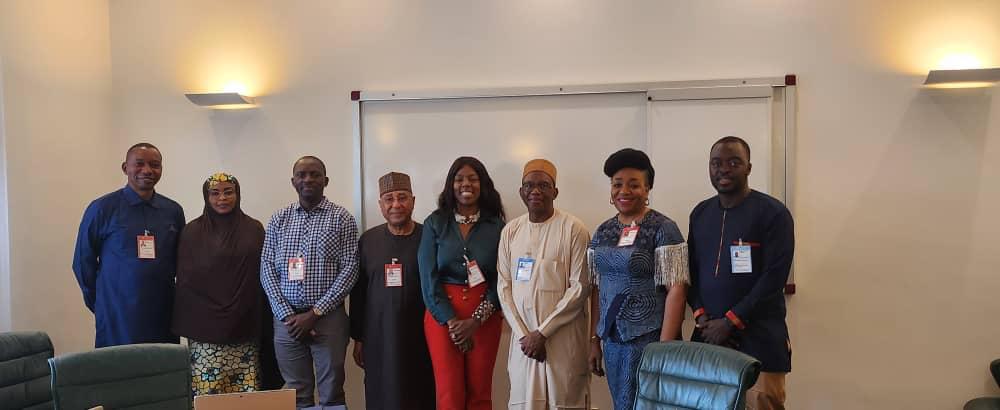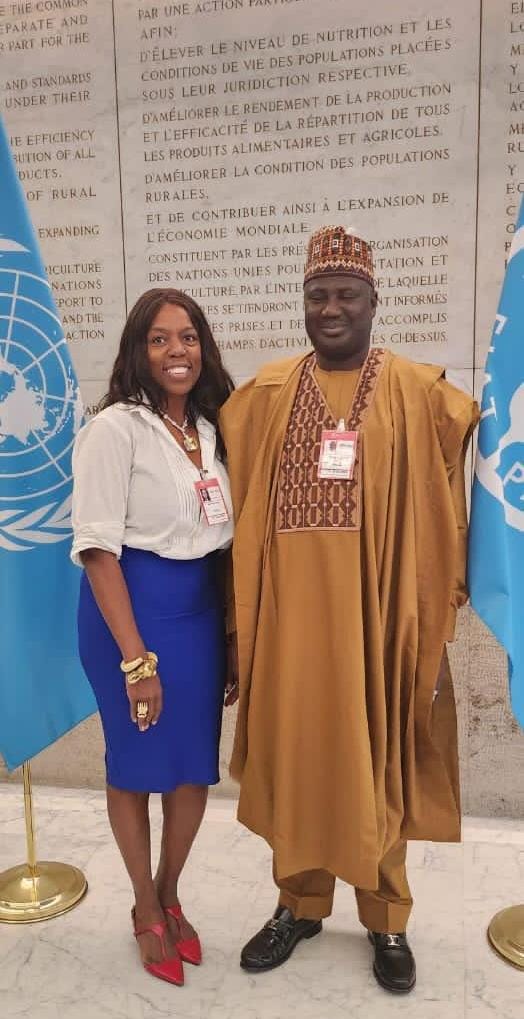
- Home
- Tours
- Africa Food Academy
- Services
- Procurement Services
- Consular Services
- World Class Services
- Luxury Experiences
- Event Planning
- Beauty and Medical concierge
- Finest restaurants and Private Chef reservations
- Business connections
- Congress and Mice
- Errand – running
- Medical Concierge
- Beauty and Image Consulting
- High qualified baby sitting services
- About Us
- Home
- Tours
- Africa Food Academy
- Services
- Procurement Services
- Consular Services
- World Class Services
- Luxury Experiences
- Event Planning
- Beauty and Medical concierge
- Finest restaurants and Private Chef reservations
- Business connections
- Congress and Mice
- Errand – running
- Medical Concierge
- Beauty and Image Consulting
- High qualified baby sitting services
- About Us
We’re excited to announce our participation in MACFRUT 2025, taking place May 6-8 at the Rimini Expo Centre. Please visit us at Pavilion B1, Booth 180, where we’ve created a special meeting point for professionals across the fruits, spices & herbs supply chain.
MACFRUT has established itself as the premier international fruit and vegetable sector exhibition, attracting a growing number of exhibitors, buyers, and industry specialists from around the world each year.
Be sure to visit the AFRICA FOOD ACADEMY, a centerpiece of this year’s event. This dedicated exhibition space occupies a high-visibility area within the Expo Centre, ensuring consistent visitor traffic throughout the fair.
We invite you to explore our specialized pots designed for fruits, spices, and herbs.
We look forward to meeting you there!
Africa Food Academy Italy is instrumental in promoting African processed agricultural products in the Italian gourmet market
The Africa Food Academy Italy project centers on fostering a dynamic exchange of culinary traditions, sustainable agricultural practices, and economic collaboration between Africa and Italy.
At the heart of this initiative is the concept of “Africa Gourmet,” aimed at introducing and adapting African processed agricultural products to meet the sophisticated demands of the Italian gourmet market. We aspire to blend Africa’s rich dietary offerings with the refined tastes of this market, highlighting cultural synergy, market adaptation, and culinary techniques.
Our goals are ambitious yet focused, spanning cultural integration, economic collaboration, youth empowerment, sustainable development, and market adaptation. Through this project, we aim not only to meet market demand but also to preserve cultural heritage, empower local communities, and create opportunities for young people and women.
Africa Food Academy is instrumental in promoting African processed agricultural products in the Italian gourmet market, enhancing knowledge of gourmet production techniques, establishing joint ventures to strengthen the supply chain, and fostering youth empowerment within the hospitality sector.
Key stakeholders, including Luxury LPC, Italian trade show organizations, African producers, African embassies in Italy, various Ministries, certification bodies, and multiple sectors such as hotels, tourism, and food suppliers, are essential to our collaborative approach.
Our planned activities include showcasing African agricultural products at events, exhibitions, fusion culinary events, promotional campaigns to emphasize cultural relevance, collaborative workshops with Italian chefs, and exploration of fusion cooking techniques.
In line with our mission, we aim to empower Africa’s youth for sustainable development and celebrate the fusion of African and Italian culinary traditions, promoting intercultural understanding and gastronomic diversity.
For further details or collaboration opportunities, please reach out to us at contact@luxurylpc.com or visit our website at www.luxurylpc.com.
Founder:
Irene Eddie
Africa Food Academy, Italy
+39 371 1739631





MACFRUT 2024







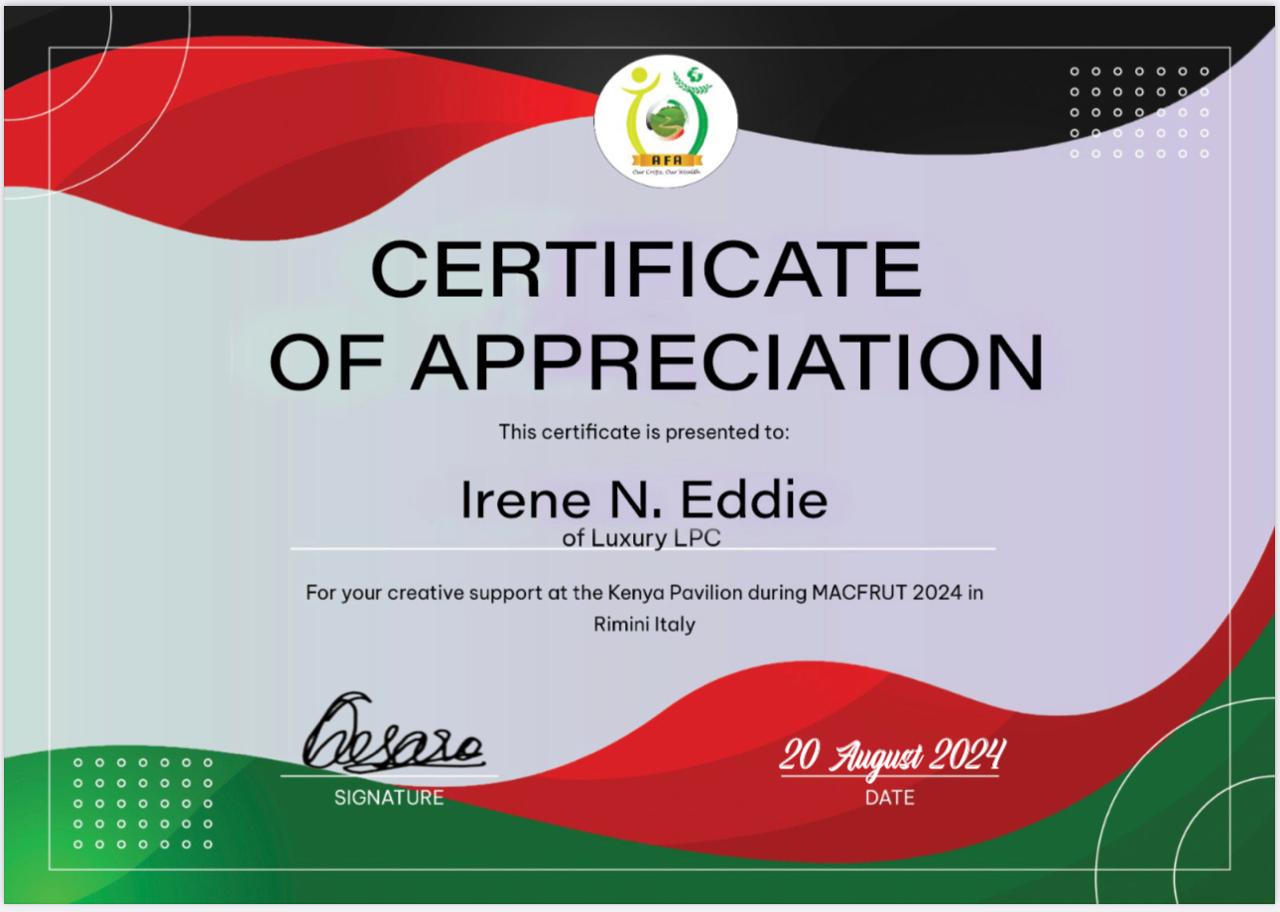
AFA’s mission is to “develop, promote, and regulate scheduled crops value chains for sustainable economic growth and transformation,” and their vision is to “be a world-class crops regulator for improved livelihoods.”
Our company, LUXURY LPC was recognized by AFA as a significant contributor in advancing Africa’s food security—a vital game-changer for the continent’s future.
We are proud to be part of this journey toward food security, economic empowerment, and sustainable agricultural development in Africa.
Certificate of Appreciation from Kenya: A Testament to Our Commitment
We are honored to have received a Certificate of Appreciation from the Kenyan government, a recognition that holds immense value for us. This accolade celebrates our meaningful collaboration with the Embassy of Kenya in Italy and the Agriculture and Food Authority (AFA) of Kenya. The AFA is a globally respected regulatory body, dedicated to enhancing livelihoods by developing, promoting, and regulating scheduled crop value chains, driving sustainable economic growth, and transforming agricultural practices.

Catch up with us
The Kenya Embassy Rome is the official partner for AFRICA FOOD ACADEMY at the MACFRUT TRADEFAIR 2024
upcoming events
Macfrut conference 10 April Rome
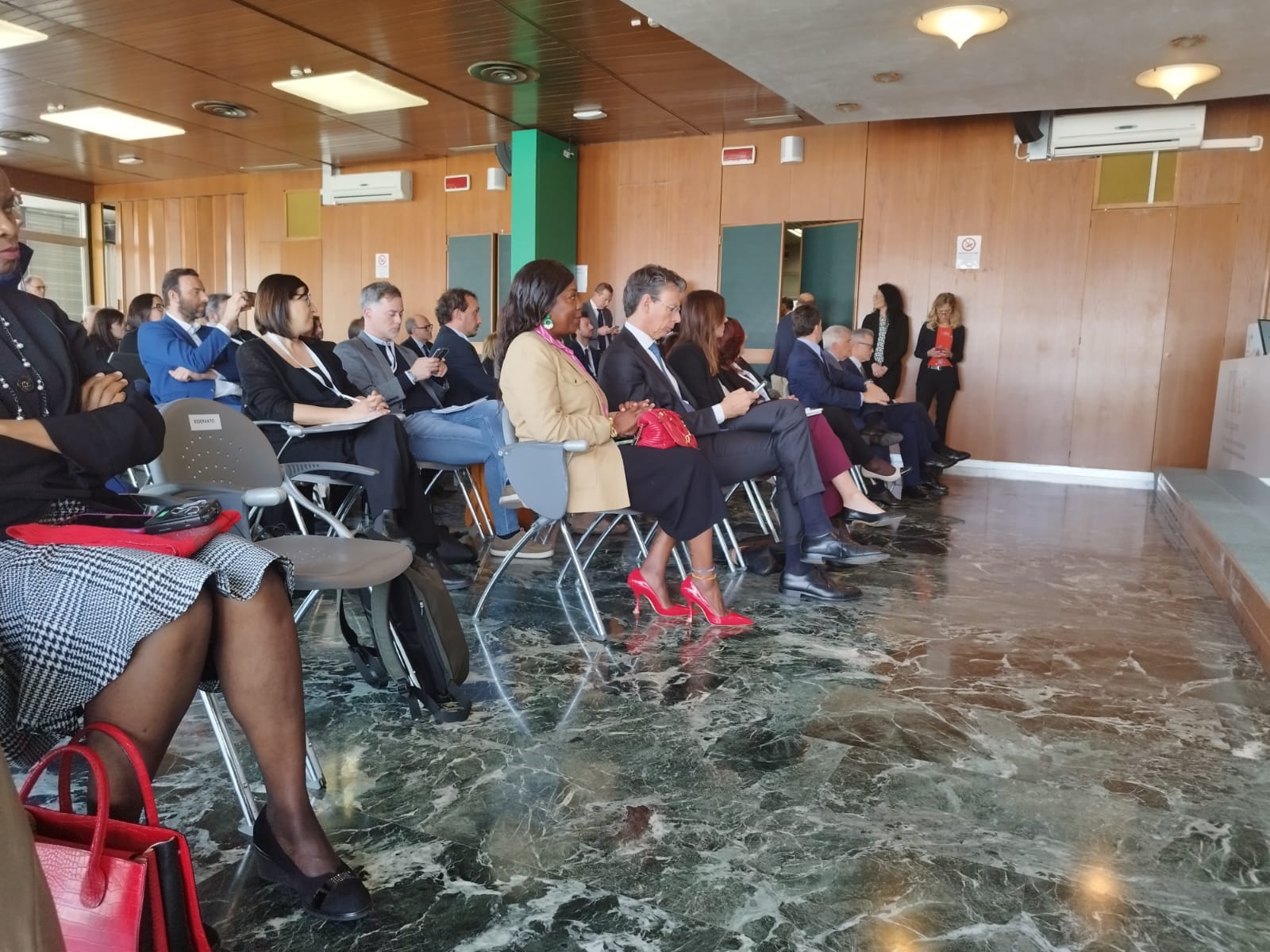



Macfrut conference
WINE MASTER CLASSES IN ITALY
Africa Food Academy Videos
Main Heading
Fao Conference
To meet the demands posed by major global trends in agricultural development and challenges faced by member nations, FAO has identified key priorities on which it is best placed to intervene.
A comprehensive review of the Organization’s comparative advantages was undertaken, which enabled strategic objectives to be set—representing the main areas of work on which FAO will concentrate its efforts in striving to achieve its vision and global goals.
FAO’s work in Africa is closely aligned to the FAO Strategic Framework 2022-2031’s Four Betters of Better Production, Better Nutrition, a Better Environment and a Better Life, leaving no one behind.
FAO work is organized into four regional thematic priorities:
Make an impression with our rich collections of Services
Subscribe To Newsletter

AFA’s mission is to “develop, promote, and regulate scheduled crops value chains for sustainable economic growth and transformation,” and their vision is to “be a world-class crops regulator for improved livelihoods.”
Our company, LUXURY LPC was recognized by AFA as a significant contributor in advancing Africa’s food security—a vital game-changer for the continent’s future.
We are proud to be part of this journey toward food security, economic empowerment, and sustainable agricultural development in Africa.
Certificate of Appreciation from Kenya: A Testament to Our Commitment
We are honored to have received a Certificate of Appreciation from the Kenyan government, a recognition that holds immense value for us. This accolade celebrates our meaningful collaboration with the Embassy of Kenya in Italy and the Agriculture and Food Authority (AFA) of Kenya. The AFA is a globally respected regulatory body, dedicated to enhancing livelihoods by developing, promoting, and regulating scheduled crop value chains, driving sustainable economic growth, and transforming agricultural practices.

